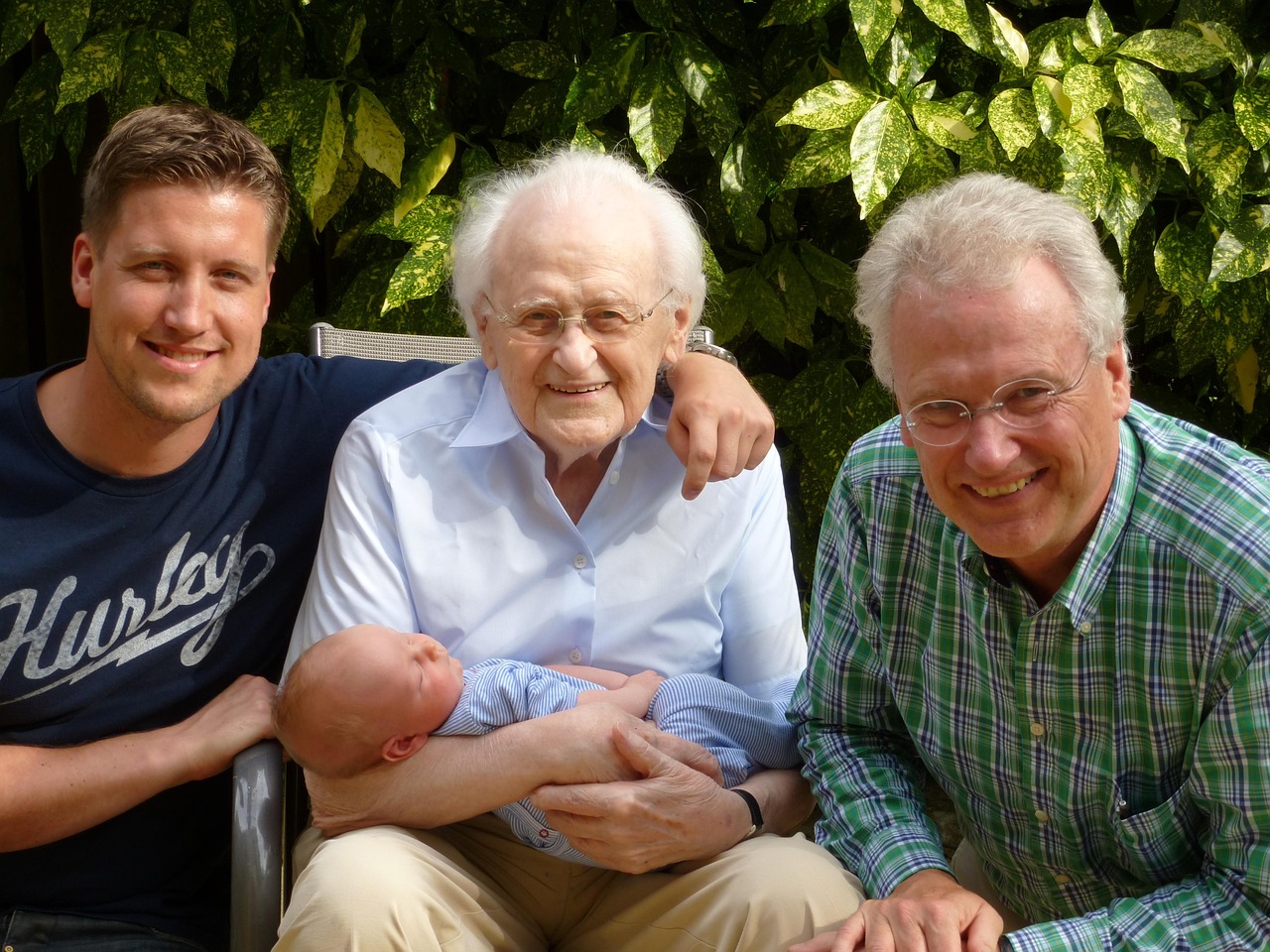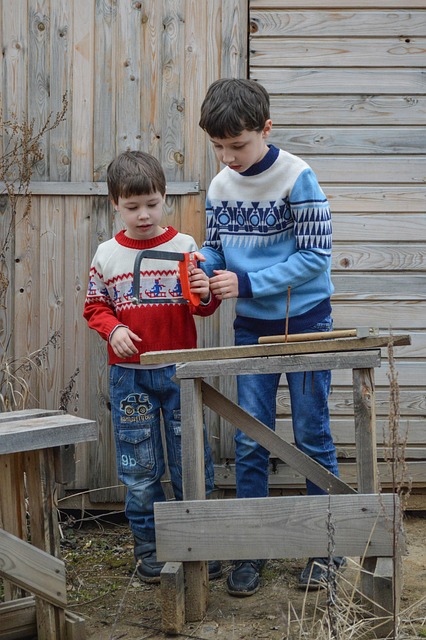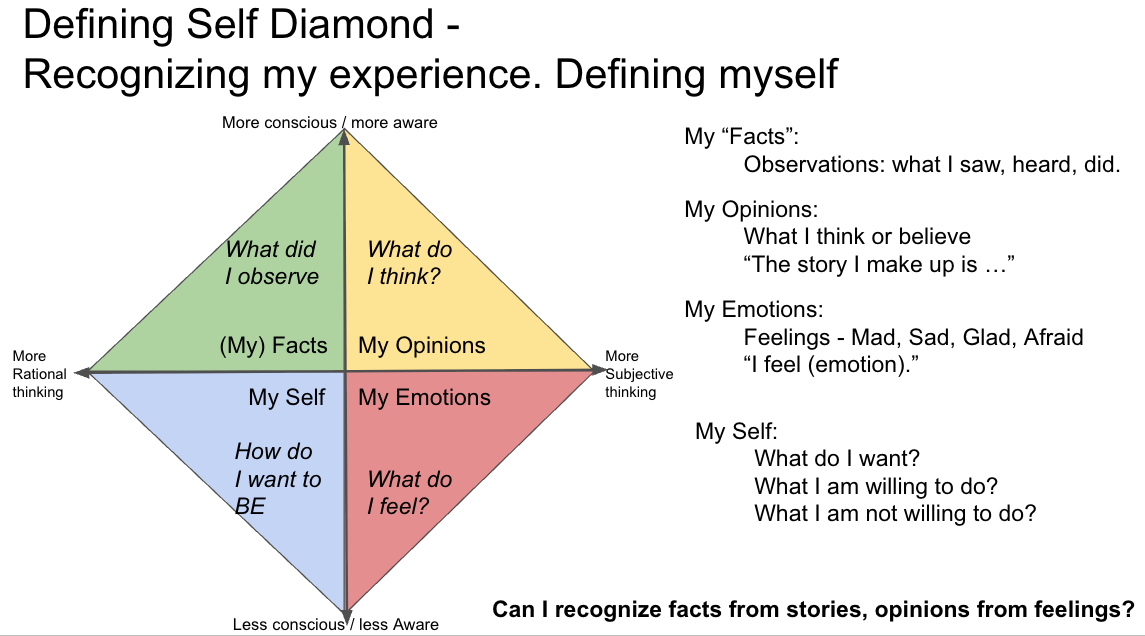Thinking Systems Blog
(Be sure to check out our upcoming conference on aging and the family here.) Canada is amid a profound demographic shift. Our population is aging at an unprecedented rate, and this trend will only speed up over the next three decades. This is
“When I forgive you, You will no longer define me. " Two very poignant lines from a poem in The Book of Forgiving, by Desmond Tutu and his daughter, Mpho Tutu. In reading these two lines, it’s not difficult to see how I connected the concept of f
Problems of the Aged - Lecture by Dr. Bowen This talk, from April 1980 by Dr. Murray Bowen, challenges compartmentalized thinking and argues for enlarging systems theory so that human emotional, physiological, genetic, and psychological functioning a
When is help helpful? We come to helping others naturally. Because of evolution, we are very good at picking up distress in others. For our ancestors, one group member’s distress could affect another, so helping each other increased the group's sur
ADHD and Differentiation of Self ADHD as we know it today was not recognized during the early 1960s when Dr. Bowen was finalizing Bowen Family Systems Theory. Does Bowen Theory have anything to offer for our understanding of ADHD? To start, let's do
Gentle Parenting and Bowen Theory: How Differentiation Can Make a Difference What Is Gentle Parenting? Gentle parenting is an approach that emphasizes empathy, respect, emotional attunement, and consistent communication. Rather than punishments o
Vent Responsibly: Transforming Emotional Venting When someone says "I need to vent," what's actually happening? This common phrase signals something deeper than a simple conversation. Let's explore how one can transform venting into something product
You only think you know what you want. How can neutrality help us ease anxiety around our goals, plans, and aspirations? Theory Thoughts: We only think we know what we want Story Time I was painting a picture frame a while ago. There was a small corn
The Maturity Point: That Moment You Choose to Step Up We all hit it—that moment. You’re facing something uncomfortable—maybe it's a task you’ve been putting off, a conversation you’ve been dreading, or the decision to stop scrolling and sta







